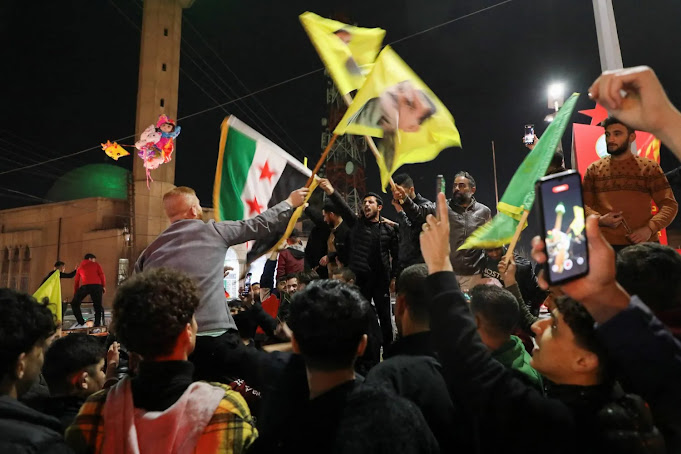According to a report from Al-Sharq Al-Awsat, significant discontent exists among Syrian Kurds regarding their exclusion from consultations for the new transitional government in Damascus. The Kurdish National Council (KNC), a major coalition of Kurdish parties, confirmed it wasn't consulted on the government's formation and will boycott its inauguration despite receiving an invitation. KNC spokesman Faisal Youssef stated their priority is achieving constitutional guarantees for Kurdish rights, representing Syria's second-largest nationality, not just ceremonial participation.
Critics, including Zaid Sfok of the Independent Kurdistan Movement, argue the government, formed unilaterally under President Ahmed Al-Shara, lacks legitimacy and cannot manage Syria's recovery. Concerns persist that the new constitutional declaration, granting Al-Shara extensive powers for the five-year transition, might replicate authoritarianism despite mentioning power separation.
While an agreement exists to integrate the SDF's civil and military structures and resource-rich areas into the state by early next year, broader Kurdish political movements feel politically sidelined. The KNC denies meaningful discussion occurred regarding Kurdish participation or achieving their demands, even if individual Kurds receive ministerial roles.
Kurdish groups continue advocating for fundamental changes: renaming the state to the "Syrian Republic" to reflect diversity, constitutional recognition of Kurdish rights, and acknowledging Kurdish as a national language. They stress that excluding key components like the Kurds jeopardizes Syria's stability and call for inclusive dialogue to form a truly representative government and constitution.
Photo: Al-Sharq Al-Awsat
